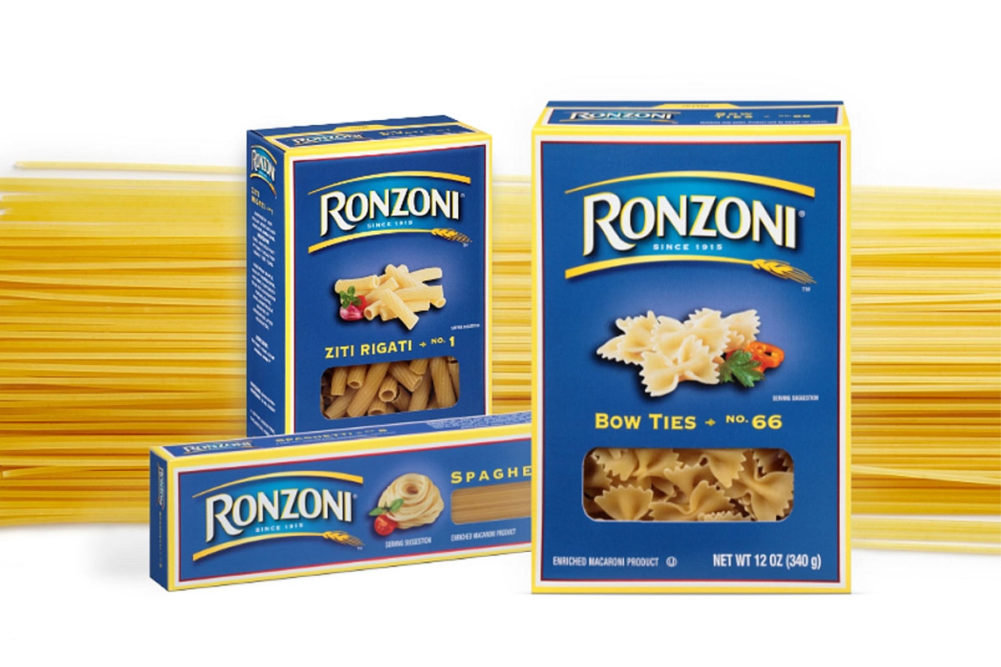NEW YORK — Moody’s Investors Service on March 1 downgraded the ratings and outlook of 8th Avenue Food & Provisions, Inc., a unit of Post Holdings, Inc., citing “a combination of inflation headwinds, supply chain disruptions, capacity expansion delays, and a gradual rotation from elevated at-home food consumption during the pandemic (that) resulted in weak operating performance in fiscal 2021.”
As part of its actions, Moody’s cut 8th Avenue’s corporate family rating to B3 from B2, probability of default rating to B3-PD from B2-PD, existing first lien senior secured revolver and term loan ratings to B3 from B2, and existing second lien senior secured term loan rating to Caa2 from Caa1. Moody’s “B” ratings are considered speculative and are subject to high credit risk, while its “Caa” ratings are considered to be of poor standing and are subject to very high credit risk.
The rating outlook for 8th Avenue is negative, Moody’s said.
Specifically, Moody’s in its downgrade drew attention to 8th Avenue’s May 2021 acquisition of the Ronzoni dry pasta brand and a dry pasta manufacturing facility located in Winchester, Va., from Riviana Foods, Inc. in a transaction valued at $95 million. Moody’s said 8th Avenue has turned in “weaker-than-expected operating performance” since the Ronzoni acquisition.
The ratings agency also expressed concern regarding significant capital expenditures related to the relocation of a fruit and nut plant from Burnaby, BC, to Hazelwood, Mo. The 250,000-square-foot plant will prep and package snack nuts, trail mix and dried fruit for retail, foodservice and ingredient customers.
“There is additional execution risk related to the relocation of the fruit and nut plant, which makes up approximately 15% of revenue,” Moody’s said. “The lease for the plant in Canada expires in summer 2022, so the relocation is not optional. The relocation process is already underway and is expected to be fully completed in early summer 2022. Financial flexibility remains limited in the near term due to heavy capex and working capital investments.”
Overall, Moody’s said inflation and supply chain headwinds will continue to be a drag on margins for at least the first half of fiscal 2022.
“Moody’s projects free cash flow will be negative in fiscal 2022 due to weak margins, higher working capital investments, and significant capital expenditures related to the fruit and nut plant relocation from Canada to Missouri,” the ratings agency said. “These issues are creating heavy reliance on the revolver until at least the fourth quarter, which is when recent pricing actions should fully be reflected to offset higher costs, absent further inflation.”
Meanwhile, the negative outlook reflects execution risk related to 8th Avenue’s ability to manage potential further inflationary pressure and supply chain disruptions, including labor and raw material shortages, freight delays, and production inefficiencies, Moody’s said.
“The approaching October 2023 revolver expiration will present increasing refinancing risk if the company is unable to overcome the operating challenges to reduce leverage and restore positive free cash flow,” the ratings agency said. “Recent contract negotiations with customers to move to more frequent pricing adjustments should allow the company to react to inflation faster if needed.”
Moody’s said it expects free cash flow will be negative in fiscal 2022 in the $80 million to $90 million range, primarily because of weak margins, higher working capital investments driven by higher costs, along with significant capex requirements related to the relocation of the fruit and nut plant.




